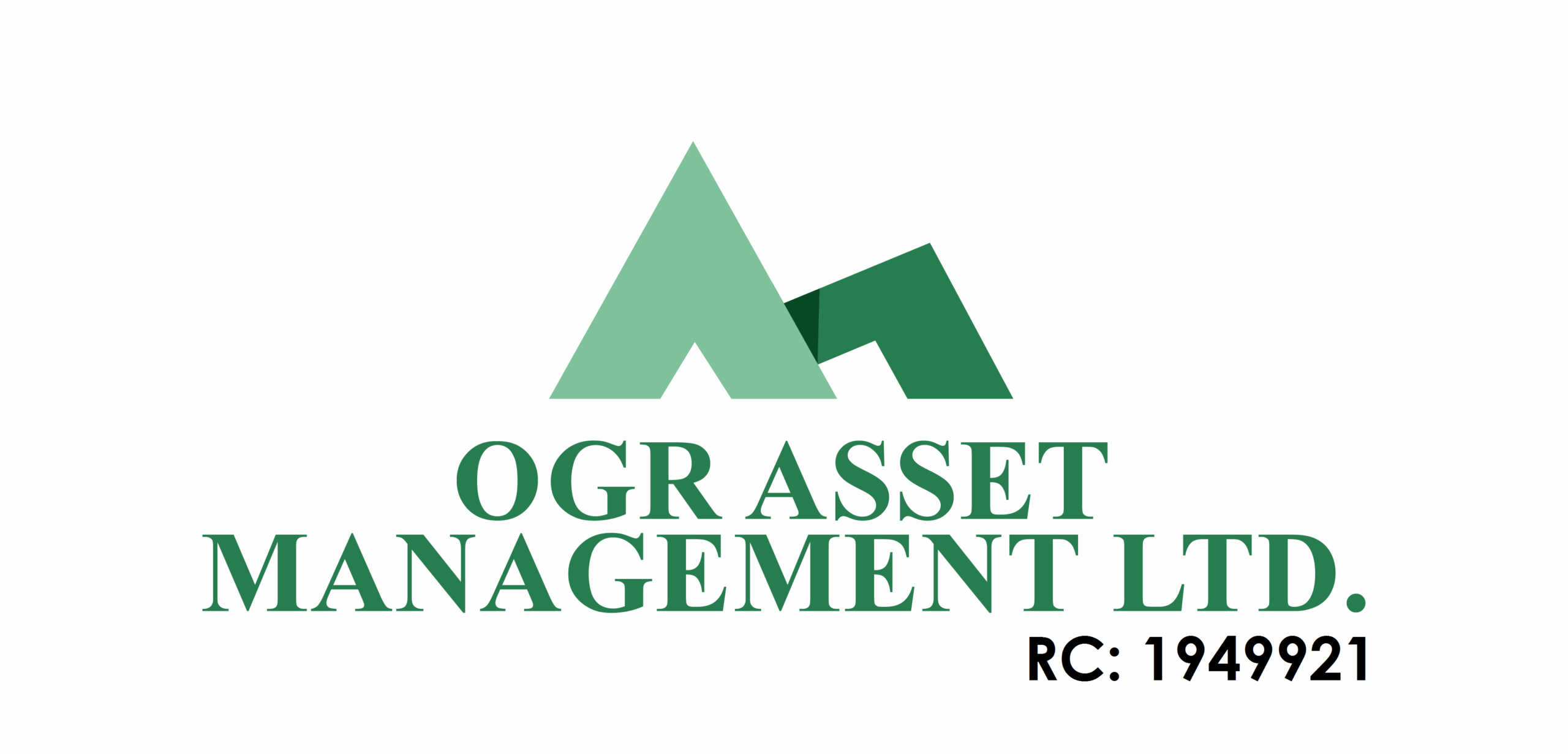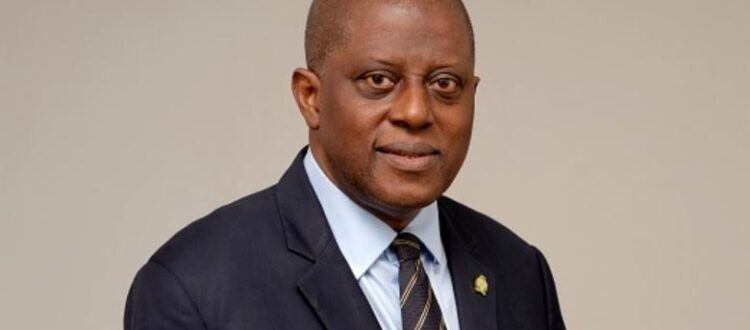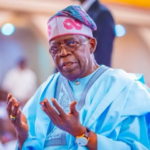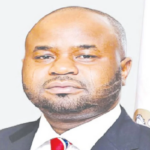Nigeria sees strong FX inflows as investor confidence returns
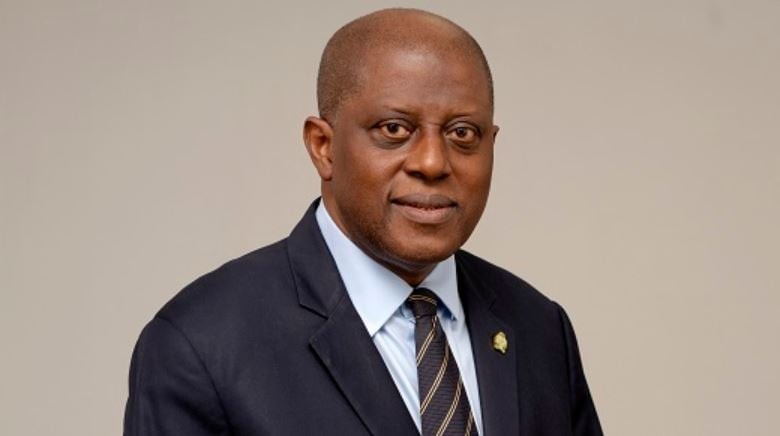
Nigeria sees strong FX inflows as investor confidence returns
Nigeria’s growing foreign-exchange inflows point to a gradual yet significant improvement in investor sentiment after years of instability. In this analysis, SAMI TUNJI explores how recent CBN reforms have driven the recovery, the risks that could still undermine the progress, and the measures Nigeria must adopt to preserve the gains, deepen structural reforms, and convert inflows into inclusive, long-term economic growth
Nigeria’s foreign exchange market has recorded a noticeable recovery in recent months, with new data showing that the reforms introduced by the Central Bank of Nigeria have begun to influence investor sentiment. Figures from the FMDQ Exchange show that total inflows into the Nigerian Foreign Exchange Market rose to $5.15bn in October from $3.18bn in September. The rise represents a 62.2 per cent month-on-month increase and is the highest level in five months.
The shift follows a deliberate attempt by the CBN under Governor Olayemi Cardoso to restore credibility to a market long held back by distortions. Since assuming office in September 2023, the apex bank has sought to clear a foreign-exchange backlog estimated at over $7bn, unify the various exchange-rate windows, and end opaque interventions that have created uncertainty for investors. Multilateral institutions such as the World Bank and the International Monetary Fund have described the steps as necessary for rebuilding confidence in the broader economy.
For years, foreign and local investors grappled with limited FX liquidity, repatriation hurdles, and inconsistent policy direction. The recent improvements suggest that investors are reassessing Nigeria’s risk profile. Earlier, a Portfolio Manager at East Capital said, “Nigeria appears to be back in business as long-awaited economic reforms take shape.” However, while these gains are early, analysts say the shift signals a meaningful reorientation after a prolonged period of volatility.
Capital importation strengthens amid weak FDI
The October surge aligns with a broader rise in capital importation. The National Bureau of Statistics reported that total inflows in the first quarter of 2025 rose to $5.642bn, up from $3.376bn in the same period of 2024. The increase amounts to 67.12 per cent year-on-year and marks a 10.86 per cent rise from the $5.089bn recorded in the fourth quarter of 2024.
The composition of inflows reflects current investor preferences. Portfolio investment accounted for $5.204bn, representing more than 92 per cent of the quarterly total. Other investment stood at $311.17m, while foreign direct investment accounted for $126.29m, barely two per cent of the total.
The PUNCH earlier reported that FDI into Nigeria dropped sharply by 70.06 per cent quarter-on-quarter to $126.29m in the first quarter of 2025, down from $421.88m recorded in the final quarter of 2024. The steep decline in FDI occurred despite an overall increase in capital importation into the country, indicating that foreign investors are favouring short-term, high-yield financial instruments over long-term, productive commitments in the Nigerian economy.
On a year-on-year basis, FDI posted a modest growth of 5.97 per cent compared to $119.18m recorded in the same period of 2024. However, this marginal increase has done little to shift the broader trend of dwindling interest in long-term investment. Available data showed that FDI made up only 2.24 per cent of total capital imported into the country in Q1 2025, down from 8.29 per cent in the preceding quarter and below the 3.53 per cent recorded in Q1 2024.
Although the headline rise in capital inflows might suggest renewed investor confidence, a closer examination reveals that over 90 per cent of these inflows were directed into short-term money-market instruments such as government bonds and treasury bills, rather than equity or direct investments. These instruments, while necessary for managing liquidity and stabilising the naira, do not contribute meaningfully to industrial growth, employment generation, or infrastructure development.
This trend raises concerns about the sustainability of Nigeria’s current investment profile, which remains heavily reliant on speculative flows that can exit the economy with little warning. FDI, which is generally viewed as a vote of confidence in a host country’s long-term prospects, has been crowded out by short-term capital chasing quick returns in Nigeria’s high-yield debt market.
The PUNCH further observed that foreign inflows in October rose to $3.32bn, up from $1.75bn in September. Domestic inflows rose by 28.4 per cent, with individual contributions up 370.6 per cent and corporate inflows rising 30.8 per cent. Cordros Securities Limited said the trend was supported by improving sentiment in the market and a shift towards monetary easing globally. The firm expects inflows to remain above the 2024 average of $2.51bn, though this hinges on sustained confidence.
“We expect total foreign exchange inflows from both domestic and foreign sources to remain robust, surpassing the 2024 average level of $2.51bn, driven by sustained market confidence and still-attractive carry-trade opportunities,” Cordros Securities Limited said in a note.
However, analysts have warned that portfolio-driven surges remain vulnerable to sudden reversals. They say Nigeria’s weak FDI numbers show that long-term investment remains weighed down by structural challenges, including insecurity and power shortages.
Yield-seeking capital dominates as investors observe policy direction
The dominance of portfolio inflows is consistent with Nigeria’s current macroeconomic landscape. The country offers high yields relative to developed markets, especially in the money market, where investors have responded strongly to the improved FX environment and the reduced likelihood of abrupt repatriation delays.
Nigeria recorded total capital inflows of $5.64bn in Q1 2025, up 67 per cent from $3.38bn in the previous quarter, but NBS data shows more than 90 per cent came from short-term speculative funds. About $4.21bn, or 74.6 per cent, went into money market instruments such as OMO bills and Treasury Bills, which have become attractive as interest rates climb to record highs.
With yields reaching 18–25 per cent, foreign investors are piling in, pushing inflows to their highest level since Q1 2020. Portfolio investment accounted for $5.2bn, but analysts warn the heavy reliance on hot money is risky and vulnerable to swift reversals.
Head of Africa Strategy at Standard Chartered Plc, Samir Gadio, told Bloomberg that improved FX market functioning and moderating naira volatility have supported investor appetite.
“Portfolio inflows have likely been supported by improved confidence amid key structural reforms, better FX market functioning, and moderating dollar–naira volatility, as well as the still-robust nominal yield buffer,” Gadio said. “Besides, Nigeria’s local market is seen as less correlated with global risk conditions than more liquid EM peers,” he added.
Also, Nigeria successfully raised $2.25bn in a dual-tranche Eurobond issuance, marking a major return to international capital markets. The 10-year and 20-year bonds were oversubscribed and priced at 8.625 per cent and 9.125 per cent, respectively. The debt’s oversubscription reflects robust investor confidence in Nigeria’s fiscal and monetary policy reforms and improving risk sentiment toward frontier markets. Rising investor appetite for Nigerian debt has been buoyed by CBN FX reforms, improving fiscal transparency, and rising market confidence.
In an emailed note to investors, Head of Investment Research at Comercio Partners Limited, Dr Ifeanyi Uba, explained that investor appetite for Nigerian debt has been strengthened by ongoing economic reforms, including fuel subsidy removal and naira devaluation, which, though economically painful, have improved fiscal transparency and market confidence.
Banks benefit as reforms align with $1tn growth ambition
The banking sector has emerged as the biggest winner from the surge in inflows. The NBS confirmed that banks received more than half of all capital importation in Q1. The sector attracted $3.127bn (more than 55 per cent), while financing received $2.097bn. The trend aligns with the CBN’s insistence that a stronger and better-capitalised banking system is central to achieving the Federal Government’s target of a $1tn economy by 2030.
According to a Nigerian Banking Industry Report published by pan-African rating agency Agusto & Co, an additional N900bn is expected to be injected into the Nigerian banking sector in the 2025 financial year as the deadline for industry recapitalisation draws nearer. Nigerian banks have been raising funds to meet the fresh capital thresholds set for them by the CBN, which in March 2024 directed commercial banks with international authorisation to increase their capital base to N500bn and national banks to N200bn, while those with regional authorisation are expected to achieve a N50bn capital floor.
Non-interest banks with national and regional authorisations will need to increase their capital to N20bn and N10bn, respectively. The CBN gave the banks a deadline of March 2026.
Analysts have estimated that banks in the country would need to raise about N4.2tn within the set timeframe. At the end of 2024, the Securities and Exchange Commission revealed that about N1.7tn had been raised from the capital market.
“We anticipate the injection of an additional N900bn as a significant number of banks strive to comply with the minimum capital directive before 31 December 2025, thus providing an additional capital buffer for current business risks and near-term growth plans,” part of the report read.
Agusto & Co acknowledged the strong showing by domestic investors, noting that they provided most of the capital raised by banks over the last 19 months, reflecting the industry’s acceptability among Nigerians.
In its Sub-Saharan African Banks’ New Paid-In Capital Rules report, Fitch highlighted Nigeria’s aggressive capital reforms as the most consequential on the continent. While several SSA regulators have raised minimum capital requirements in response to post-pandemic economic volatility, Nigeria’s approach stands out for its scale, speed, and structural impact. Strong investor appetite has enabled most first- and second-tier banks to meet the new thresholds without triggering widespread consolidation, the report noted.
Sustaining reforms
The International Monetary Fund earlier acknowledged the positive impact of the CBN’s ongoing economic reforms, citing indicators such as declining inflation, naira stability, rising foreign reserves, and stronger economic buffers. The IMF, in its October 2025 World Economic Outlook, attributed these gains to the exchange rate reforms and investor-friendly policies implemented by the CBN under Cardoso. The Fund noted that these policies have cushioned the Nigerian economy against the effects of higher global tariffs, declining oil prices, and prolonged uncertainty in global financial markets.
During the Intergovernmental Group of Twenty-Four (G-24) press briefing at the 2025 IMF/World Bank Annual Meetings in Washington, D.C., Cardoso said the IMF’s favourable verdict reflected Nigeria’s deliberate reforms and policy coordination between fiscal and monetary authorities. He noted that the Nigerian economy had been “fully restructured and resilient”, adding that the naira had emerged as a competitive currency in the region. Speaking recently at the CBN’s 2025 Executive Seminar in Abuja, Cardoso said Nigeria will not need to persuade foreign or local investors to invest if the country maintains strong and predictable macroeconomic fundamentals. He noted that investor confidence naturally follows stability and credible economic policies.
According to him, “Stability is at the core of advancing Nigeria’s policy framework through inflation targeting. Investors run away from a lack of predictability. The more predictability you have, the more incentive investors have to come to your market.”
Cardoso added that once the fundamentals are right, “you don’t have to beg anybody to come and invest. Investors naturally gravitate to where there is stability and predictability.”
Recently, speaking at the Lagos Business School Leadership Programme, Cardoso emphasised that the task ahead is to ensure that “these hard-won gains translate into durable prosperity, especially for the next generation.”
He stressed that while the CBN will continue to lay the foundation for price stability, commercial banks must play a greater role in intermediation.
“An FX market defined solely by when and how the Central Bank buys or sells dollars is inadequate for a dynamic economy like Nigeria’s,” he said. “Now is the time for banks to step up to their market-making responsibilities, providing customers with the right solutions to run their businesses and manage risks effectively.”
Source: https://punchng.com/nigeria-sees-strong-fx-inflows-as-investor-confidence-returns
